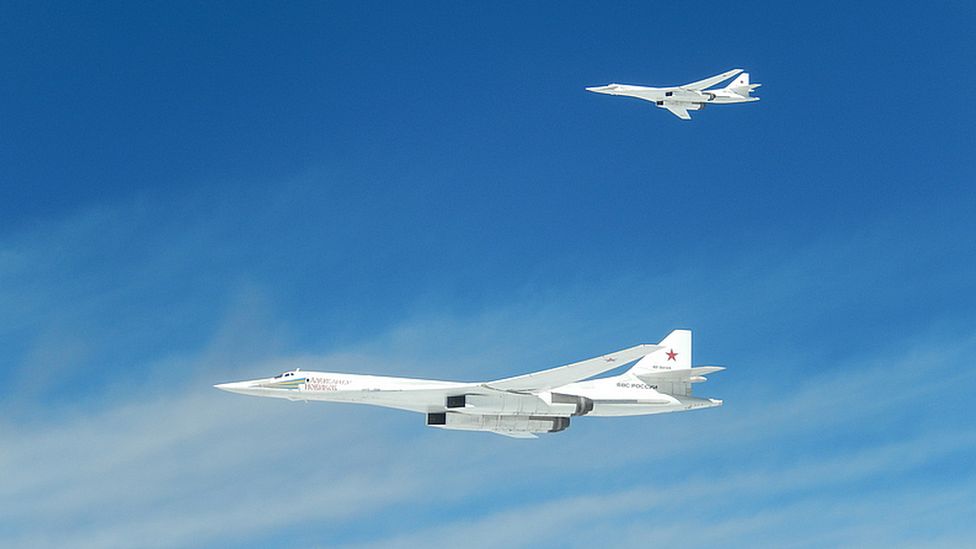
On Monday, Russian air defenses scrambled a Su-27 fighter jet over the Baltic Sea to intercept two German and French aircraft, which Moscow said had attempted to “violate” its airspace. “After turning the foreign military planes away from the Russian Federation state border, the Russian fighter (jet) returned safely to its airbase,” the Russian defense ministry said in a statement.
The Russian Defense Ministry’s National Defence Control Center said radars detected the plane flying over neutral waters in the Baltic Sea and identified it as a German Air Force P-3C Orion maritime patrol aircraft. It isn’t unusual for Russian and NATO aircraft to fly near each other in the skies over the Baltic Sea. The US and other Western nations have several air defense systems on duty in the region to monitor Russia’s activity.
Last year, the West reported that its air defense systems intercepted nearly 600 Russian military aircraft flights over the Baltic Sea. Those intercepts were part of the alliance’s regular air policing missions. Those missions were stepped up after Russia invaded Ukraine last year.
NATO chief Jens Stoltenberg has warned that the alliance needs to stay vigilant because of Russia’s increased military activity in the Baltic. He has cited the alliance’s 100 air interceptions in the region this year, more than triple the figure for 2013. The UK and Germany jointly operate Eurofighter Typhoon fighter jets out of Estonia at Amari Air Base as part of NATO’s Baltic air policing mission. The Allies have been conducting joint intercepts since March.
Russia has a long record of violating international law in the skies over the Baltic Sea and elsewhere in Europe. Its warplanes often fly close to the borders of NATO member states, especially the three Baltic states of Lithuania, Latvia, and Estonia. NATO has long been criticized for failing to do more to stop those violations.
The EU and the United States have pushed for a permanent presence of European Union forces in the Baltics to counter Russia’s influence. They also have urged NATO to increase its patrols in the region.
Those patrols will help ensure Russia doesn’t use the Baltic states as launchpads for future European aggression. Moreover, those efforts will likely intensify in the weeks ahead as tensions between the West and Moscow over Ukraine and other issues continue to escalate. This will probably result in more frequent and severe air interceptions between Russian and NATO aircraft in the skies over the Baltic Sea. That should be a concern for the alliance’s members in the region and for people worldwide. As the former Soviet republics of Central and Eastern Europe seek to join NATO, they should have no illusions about the risks of closer ties with the West. That has been true for decades, even after the collapse of the Soviet Union in 1991.